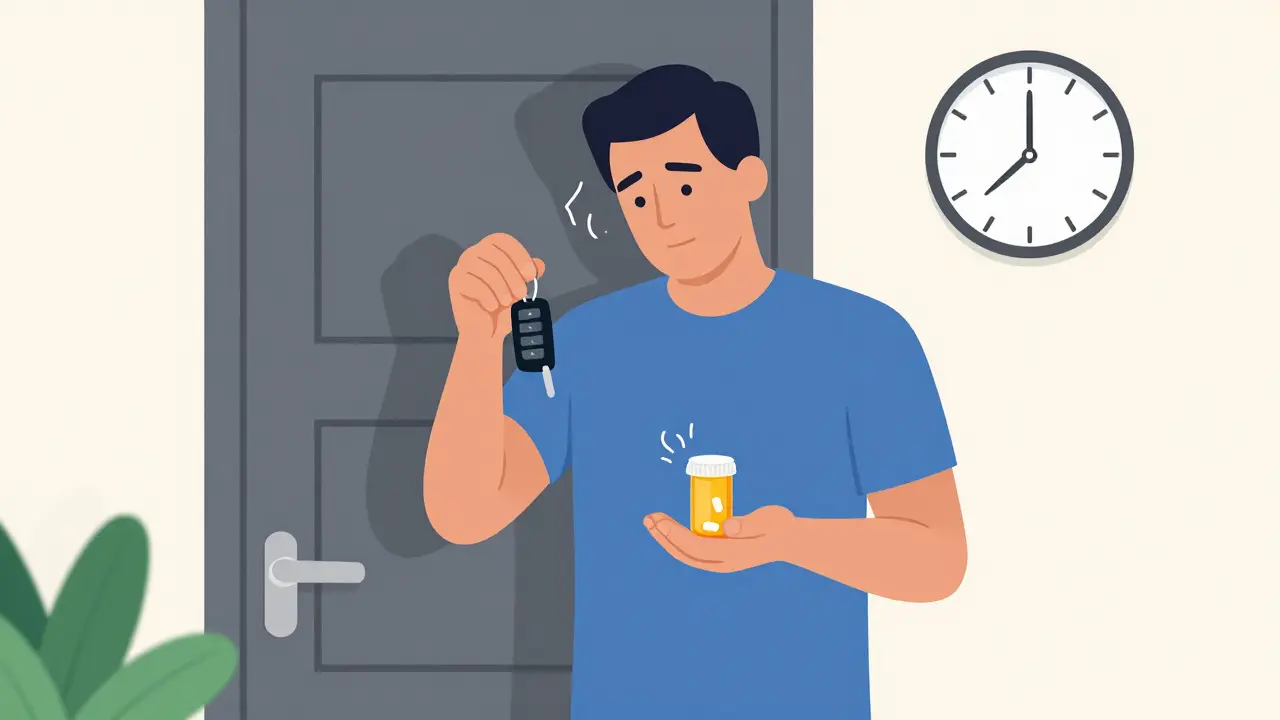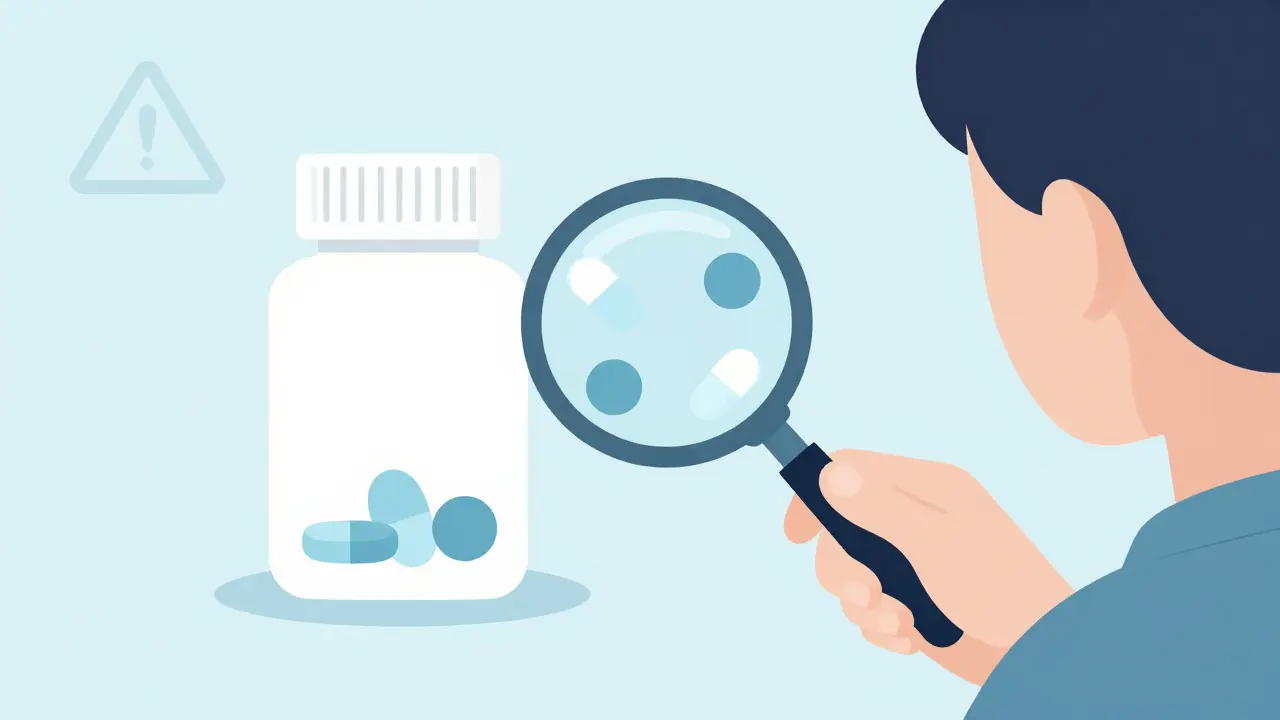Side effects: how to spot, manage, and avoid common drug reactions
Side effects can surprise you. One pill can fix a problem and cause another. This tag page gathers simple, practical advice from articles on our site so you can recognize trouble early, reduce risks, and make smarter choices with medicines like antibiotics, migraine drugs, antidepressants, and more.
Think of side effects as expected reactions, not mysteries. Some are mild — nausea after an antibiotic or drowsiness from gabapentin. Others need quick action — allergic rashes, breathing trouble, or sudden chest pain. The goal here is to help you tell the difference and act fast when needed.
How to spot serious side effects
Serious reactions usually come on fast and are hard to miss. Watch for trouble breathing, swelling of face or throat, fainting, high fever, severe rash, yellowing skin, or sudden mental changes like confusion. If you see any of these, get urgent care.
Other signs depend on the drug. For example, Clozaril (clozapine) can lower white blood cells — look for fever or sore throat. Some antibiotics like Zyvox may give nausea and headache, but severe muscle pain or jaundice needs a doctor. Migraine meds such as sumatriptan can cause chest tightness or heavy pressure; that should be checked right away.
Simple ways to reduce common side effects
Start low, go slow where possible. Many drugs cause less trouble if you begin with a smaller dose and increase after seeing how you react. Take pills with food if they upset your stomach — but check instructions first, since some meds must be taken on an empty stomach (like weekly Fosamax).
Mind interactions. Combining medicines, supplements, or even grapefruit can change how a drug works. For instance, some antifungals and antibiotics affect other drugs’ levels. Always tell your pharmacist about every pill and supplement you use.
Keep a simple side-effect log. Note when a new symptom starts, the time you take the drug, and any other changes like new foods or alcohol. That makes it easier to spot patterns and helps your clinician decide what to do next.
Don’t stop certain drugs suddenly. Some medicines require tapering. Quitting an antidepressant or steroid cold turkey can cause withdrawal or rebound symptoms. Ask a clinician before stopping.
Report side effects. In many countries you can report adverse reactions to health authorities or your pharmacy. Reporting helps detect rare problems and protects others.
If you’re buying meds online, use trustworthy pharmacies and keep prescriptions. Fake products raise the risk of unexpected effects. Our site has guides on safe online buying for many drugs so you can avoid scams and unsafe formulations.
Need help deciding? If a side effect worries you but isn’t life-threatening, call your pharmacist or a nurse line. They can tell you whether to change the dose, switch drugs, or see a doctor. When in doubt and symptoms are severe—seek emergency care.
Use the posts under this tag for specific drug risks, step-by-step checklists, and real-world tips for managing side effects with minimal fuss. Stay informed, stay safe, and treat side effects as a manageable part of getting better.





